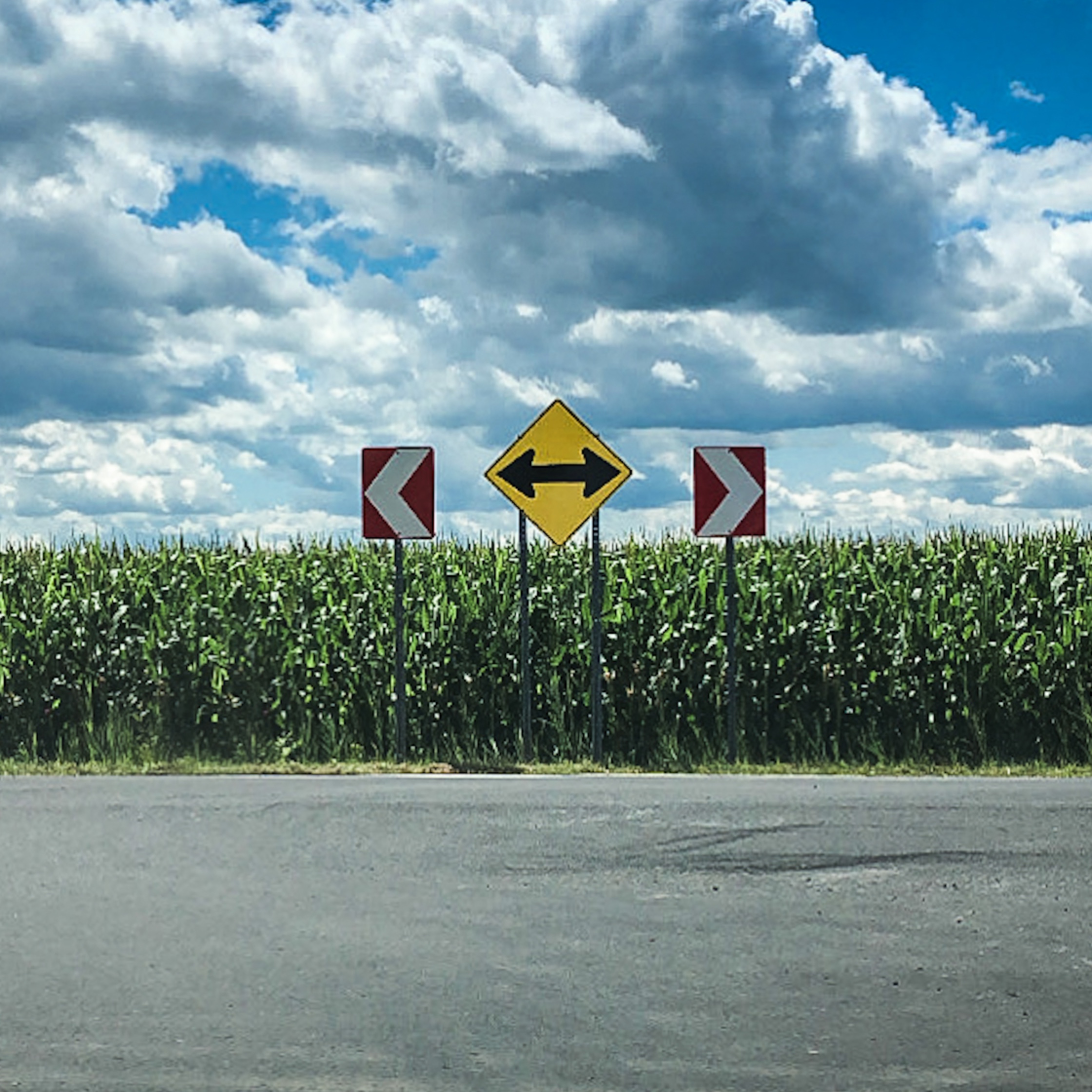Episodes

Sunday Sep 13, 2020
Climate change may be right under our feet. With Ananda Fitzsimmons
Sunday Sep 13, 2020
Sunday Sep 13, 2020
When we think of climate change, it conjures images of industrial smokestacks and bumper to bumper traffic, all spewing toxic emissions into the environment. Perhaps we see a jet take off down the runway leaving billowing black exhaust in its trail. It’s not likely that we look below our feet at the soil and imagine that it could be one of the greatest makers or breakers in the challenge of turning the tides of climate change.
This week we’re speaking with Ananda Fitzsimmons, the president of the board of directors for Regeneration Canada. I’m this episode we discuss:
- The mission of Regeneration Canada to educate and raise awareness about the importance of soil regeneration as a critical climate change solution.
- Soil as being host to a vast community of microorganisms that are the primary creators of soil fertility.
- Farming techniques that harm the microorganisms in the soil and significantly reduce soil fertility.
- Tilling soil as a major contributor to releasing carbon back into the atmosphere and destroying the microorganisms in the soil.
- The carbon footprint of agriculture.
- The principles of regenerative agriculture.
- The need to simplify labeling so consumers can know under what conditions their food was produced: regeneratively or in a degenerative manner?
- Is the Canadian government doing enough to help farmers transition to regenerative farming?
- Farmers For Climate Solutions as an organization committed to lobbying the Canadian government to support farmers and regenerative agriculture.
- The cycle of debris that settles on the earth surface and the importance of not filling debris into the soil.
- How to make farming more profitable by transitioning to regenerative farming.
- Large companies finding investing into regenerative farming as a means to build a more conscientious brand.
- The emergence of certifications on labels to show that a product has been regeneratively produced.
- Organic labels as not evidence of regenerative methods of growing.
- The controversy around the use of Glyphosate on our crops in Canada.
- The need for immediate action toward climate activism and change. This is not a time for slow change.
You can connect or support Regeneration Canada at:
Version: 20241125


Comments (0)
To leave or reply to comments, please download free Podbean or
No Comments
To leave or reply to comments,
please download free Podbean App.